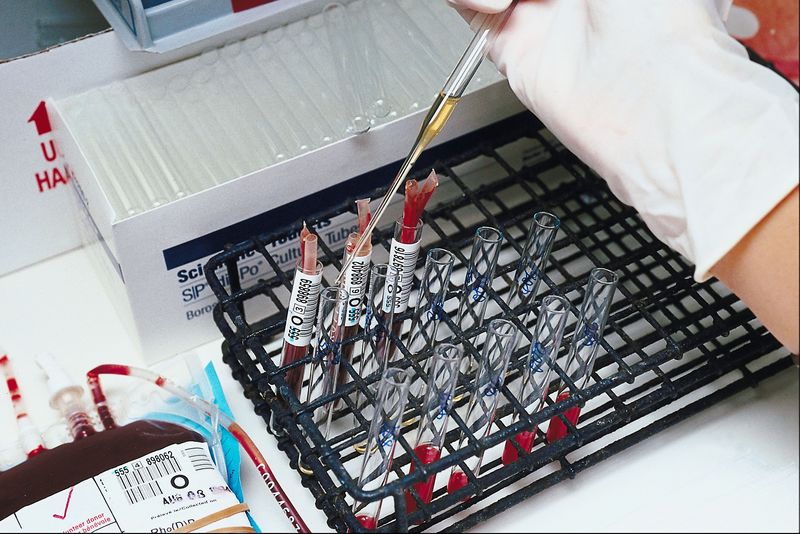
THURSDAY, March 13, 2014 (HealthDay News) — Cancer patients with diabetes are more likely to die than those without diabetes, and the risk is especially high for those taking insulin, a new study finds.
The findings were published March 13 in the journal Diabetologia.
The risk of death “of cancer patients with pre-existing diabetes is higher relative to non-diabetic patients for all cancers combined and for most individual cancer sites,” study author Kristina Ranc, of the University of Copenhagen and the Steno Diabetes Center in Denmark, said in a journal news release.
In their study, Ranc’s team examined data from all patients diagnosed with cancer in Denmark from 1995 to 2009. The patients were divided into four groups based on their diabetes status at the time of cancer diagnosis: diabetes-free; diabetes without medication; diabetes and taking only diabetes drugs in pill form; and diabetes and taking insulin.
Patients who had diabetes and were taking insulin at the time of cancer diagnosis had a four-fold higher risk of dying within a year of their cancer diagnosis, and a five times increased risk of death within five years of diagnosis, the study found.
Patients who had diabetes and were taking only diabetes pills such as metformin had a 10 percent increased risk of death after two years, and a 50 percent increased risk of death after five years, the team added. The rise in death risk for patients with diabetes who weren’t on any treatment was similar to those who were taking diabetes pills.
How might having diabetes lower cancer survival? According to the researchers, differences in the ways diabetic patients are treated for their cancer might be to blame. For example, cancer patients with diabetes often have other diabetes-related health problems — such as heart and kidney disease — that may affect cancer care decisions.
Patients with both cancer and diabetes are a particularly at-risk group and measures are needed to reduce deaths among these patients, the Danish group said.
It is “crucial that cancer patients with diabetes receive optimal diabetes treatment as well as any cancer-specific therapy,” Ranc said in a journal news release. Howeer, that remains “a therapeutic challenge requiring close collaboration between oncologists and endocrinologists,” she added.
The authors stressed that the study could only find an association between diabetes and decreased cancer survival, it could not prove cause-and-effect.
More information
The U.S. National Institutes of Health has more about diabetes.
Copyright © 2026 HealthDay. All rights reserved.

